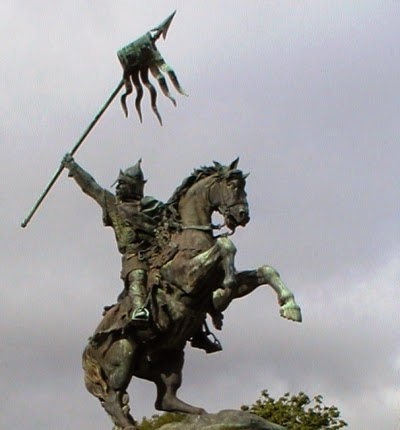Isaiah 11, Part 2: Fearing the LORD

Isaiah 11, Part 2: Fearing the LORD Isaiah referred to fear of the LORD as something admirable. Isaiah 11:3 (ESV) His delight shall be in the fear of the LORD. He shall not judge by what his eyes see, or decide disputes by what his ears hear, FEAR: yir'a "yir-AW" (fear or moral reverence); from yare (to fear, to revere; to frighten) The root word of "fear of the LORD" is a word meaning an unpleasant emotion caused by the belief that someone or something is dangerous, likely to cause pain, or a threat (The New Oxford American Dictionary). "Fear" comes from an Old English word meaning calamity or danger. Adam feared punishment after disobeying God's command regarding the Tree of the Knowledge of Good and Evil (Genesis 3:10). Jacob feared the loss of his wives after tricking Laban (Genesis 31:31). The Israelites feared pain and injury from serpents, scorpions and desert (Deuteronomy 8:15). Rather than describing someone running away


